PROTECT YOUR DNA WITH QUANTUM TECHNOLOGY
Orgo-Life the new way to the future Advertising by AdpathwayAn altercation between MLB commissioner Rob Manfred and Phillies star Bryce Harper made headlines in July, with the two-time MVP reportedly standing “nose to nose” with the commissioner and telling him he could “get the [expletive] out of our clubhouse” if he was going to talk about implementing a salary cap (per ESPN’s Jeff Passan). Manfred was holding his annual meeting with the Phillies’ players at Citizens Bank Park.
Reports from Passan and the New York Post’s Jon Heyman and Joel Sherman differ on when the confrontation occurred. Passan writes that Harper sat quietly for most of the meeting, which lasted over an hour, before tensions boiled over and he approached the commissioner. In contrast, Heyman and Sherman write that his comments came “about five minutes into” Manfred’s opening remarks. Regardless of certain discrepancies, what’s clear is that, while Manfred never directly mentioned a salary cap, Harper believed it was implied. He felt strongly enough to claim that players “are not scared to lose 162 games” in their fight against a cap (per Passan). He also questioned what Manfred has ever done “to benefit the players” (per Heyman and Sherman). Despite Harper’s comments, Manfred stayed to finish the meeting, doubling down on the importance of talking about, in Passan’s words, “threats to MLB’s business and ways to grow the game.”
Afterwards, Harper’s teammate Nick Castellanos described the ordeal to ESPN as intense and passionate, and he seemed to confirm it went both ways. “The commissioner [was] giving it back to Bryce and Bryce [was] giving it back to the commissioner,” he explained.
Afterwards, Manfred declined to comment to ESPN or the New York Post, while Harper later told reporters (including Bob Cooney of NBC Sports Philadelphia): “You guys saw what was in the article. But I won’t be getting into the details of what happened or how I felt or anything else like that…I’m just trying to worry about baseball…Everybody saw the words and everything that happened. I don’t want to say anything more than that.”
Harper continued: “I’ve talked labor and I’ve done it in a way that I don’t think I need to talk to the media about it…I’ve always been very vocal, just not in a way that people can see.”
Yesterday, however, Manfred spoke at Wrigley Field to announce that the Cubs would host the 2027 All-Star Game, and he finally addressed his dispute with Harper, claiming: “It was an individual picking a particular way to express himself, and I don’t think you need to make more out of that than that” (per Patrick Mooney of The Athletic).
Perhaps that’s true. Yet, there is no denying it would be in Manfred’s best interests to downplay his altercation with one of the most influential players in the league. It’s also in his best interests to believe this was an isolated incident of an “individual” expressing himself rather than a reflection of how many players feel across all 30 teams.
With the current collective bargaining agreement between MLB and the MLBPA set to expire on December 1, 2026, it’s no secret that several owners are interested in instituting a salary cap. Indeed, according to ESPN’s Jorge Castillo, the MLBPA believes Manfred is pushing for a cap in his clubhouse meetings this year – even if he isn’t using those exact words. Unsurprisingly, the players association is strongly against a cap, arguing it would primarily serve to artificially suppress player salaries rather than increase parity around the league or help to grow the game.
Speaking to reporters ahead of the All-Star Game last month, MLBPA executive director Tony Clark described a salary cap as “institutionalized collusion” (per Castillo). “A cap is not about growing the game,” he said. “A cap is about franchise values and profits. That’s what a cap is about.”
What’s more, while Manfred might not be willing to say “salary cap,” he has already mentioned the possibility of a lockout. Back in March, Clark said that he is expecting a work stoppage after the 2026 season, and many around the league are concerned about the possibility of contentious CBA negotiations eating into the 2027 campaign. It’s not hard to guess what the sticking point in those negotiations might be.
Castellanos told Hannah Keyser and Zach Crizer of The Bandwagon (who first reported on the “heated” meeting between Manfred and the Phillies) that the commissioner was “very eloquently speaking around” the idea of a salary cap. He later said to ESPN: “Rob seems to be in a pretty desperate place on how important it is to get this salary cap because he’s floating the word ’lockout’ two years in advance of our collective bargaining agreement [expiring].”
Manfred began holding annual meetings with each team’s players three years ago, following the lockout that lasted much of the 2021-22 offseason and delayed the start of the 2022 campaign. One reason for these meetings? He wants to communicate directly to the players rather than have his messages go through the MLBPA. During a recent investor event held by the Braves, he said: “The strategy is to get directly to the players. I don’t think the leadership of this union is anxious to lead the way to change. So we need to energize the workforce in order to get them familiar with or supportive of the idea that maybe change in the system could be good for everybody” (per The Athletic’s Evan Drellich).
One way to read those comments? Manfred knows the MLBPA is staunchly opposed to a salary cap. It certainly seems as if he’s hoping to pit the union’s membership against the union’s leadership, in an effort the push through changes that would, in Clark’s words: “add to the owners’ profits and franchise values, while prohibiting clubs from fully competing to put the best product on the field for the fans and limiting player compensation, guarantees and flexibility” (per Drellich).
If Harper’s reaction is any indication, Manfred might not be having as much success connecting with players as he hoped, even as he has, at times, been accompanied at his clubhouse meetings by respected former players in the Commissioner’s Ambassador Program (CAP). But at least for now, the commissioner insists it’s not that serious: “I think more has been made out of this than needs to be made out of it. Bryce expressed his views. At the end of the meeting, we shook hands and went our separate ways. Not all that significant” (per Andrew Seligman of the Associated Press).
Photo in article courtesy of Bill Streicher, Imagn Images.


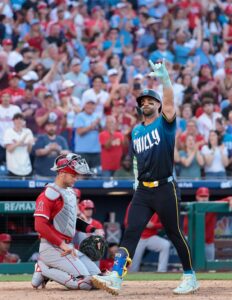



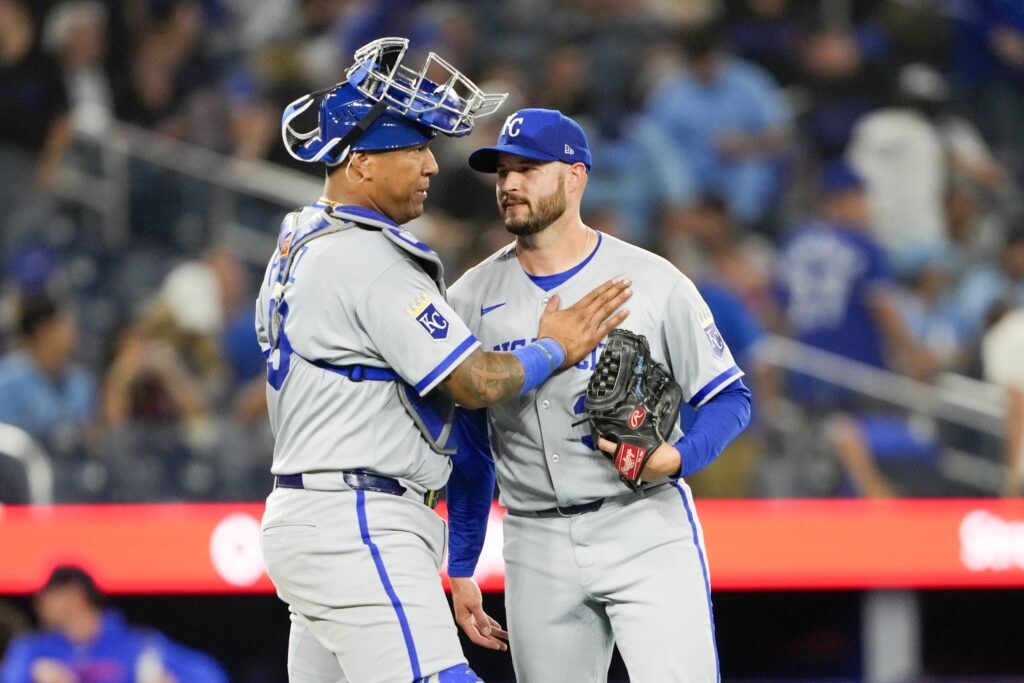


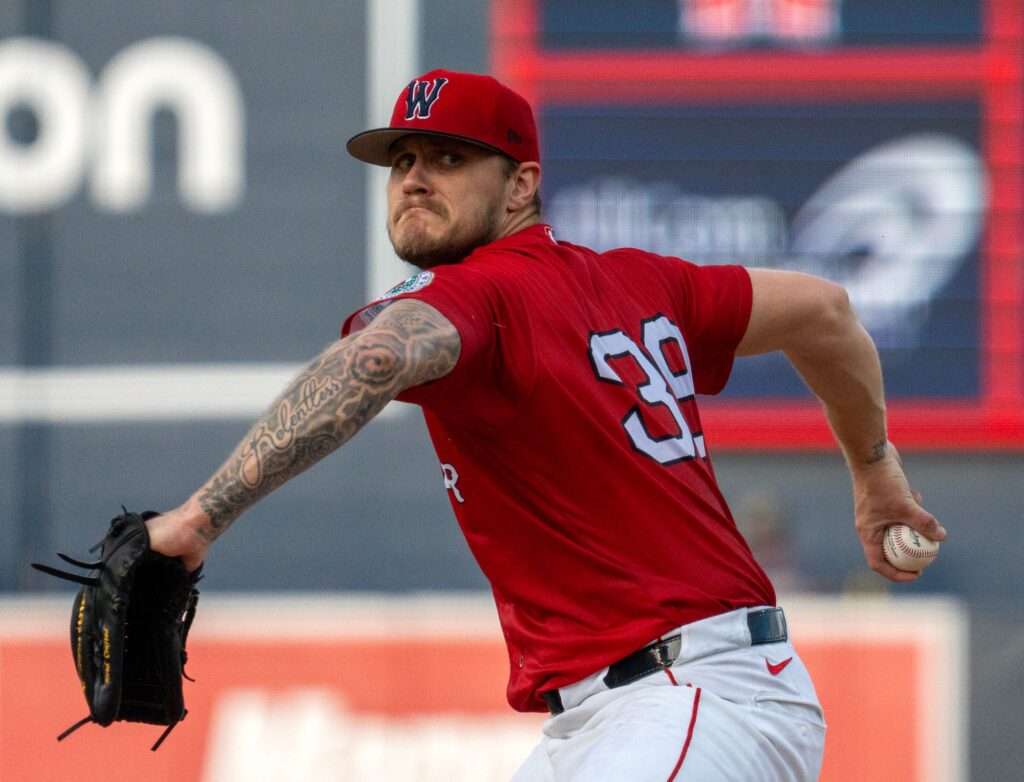

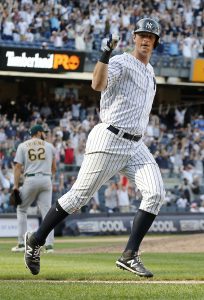
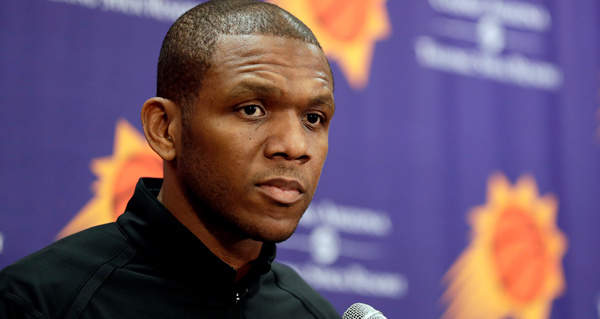
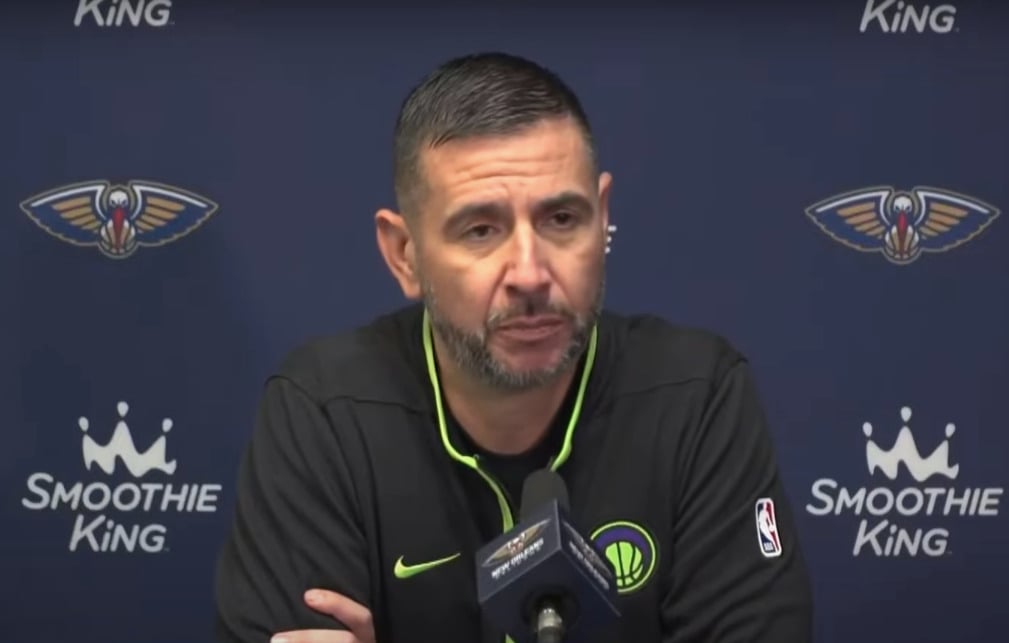
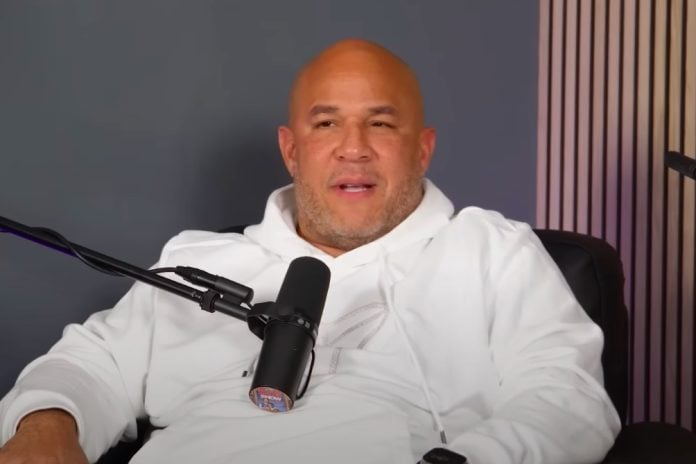
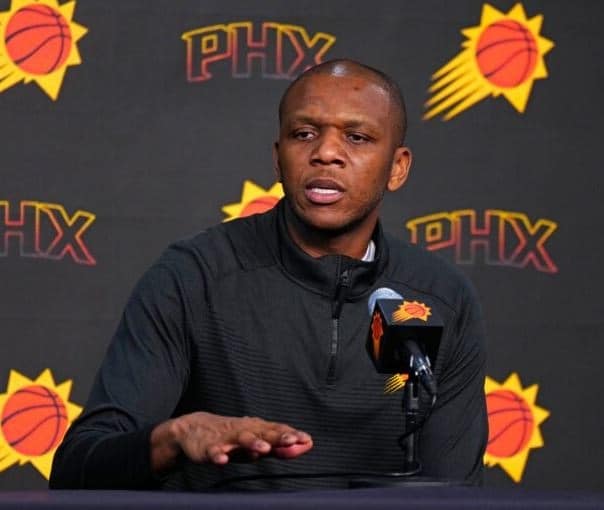

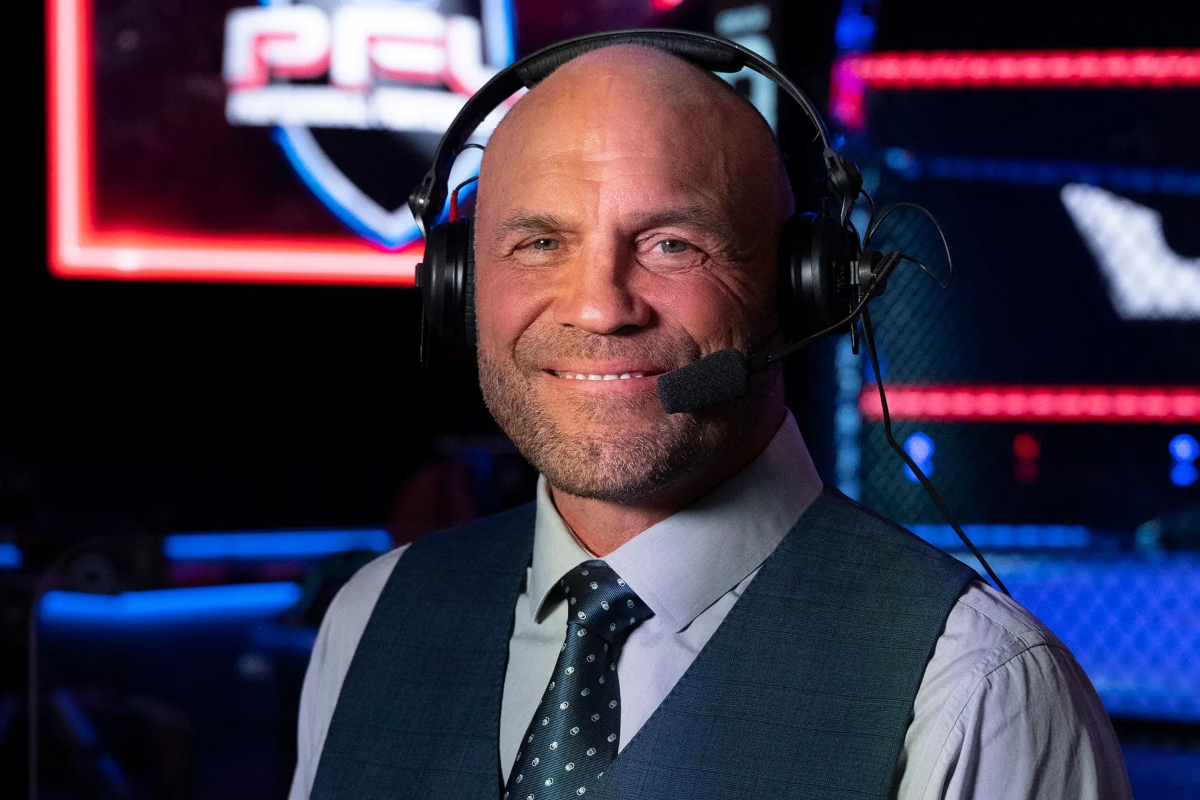
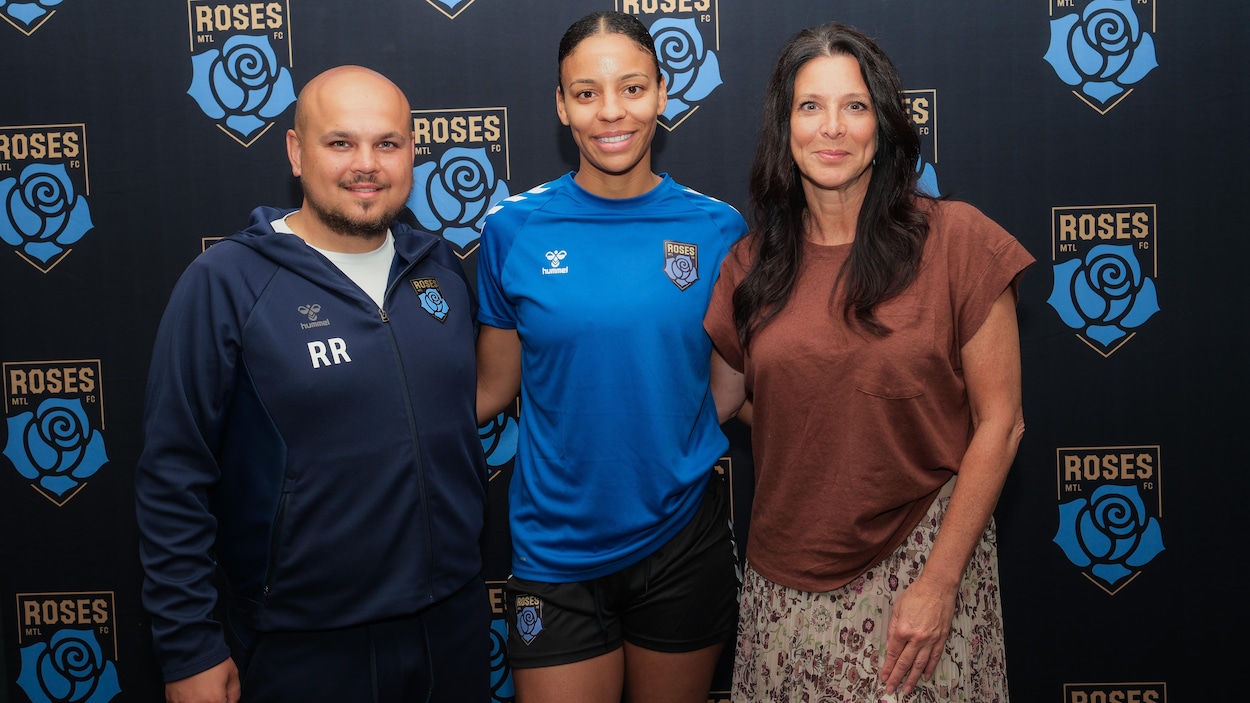

 English (US) ·
English (US) ·  French (CA) ·
French (CA) ·